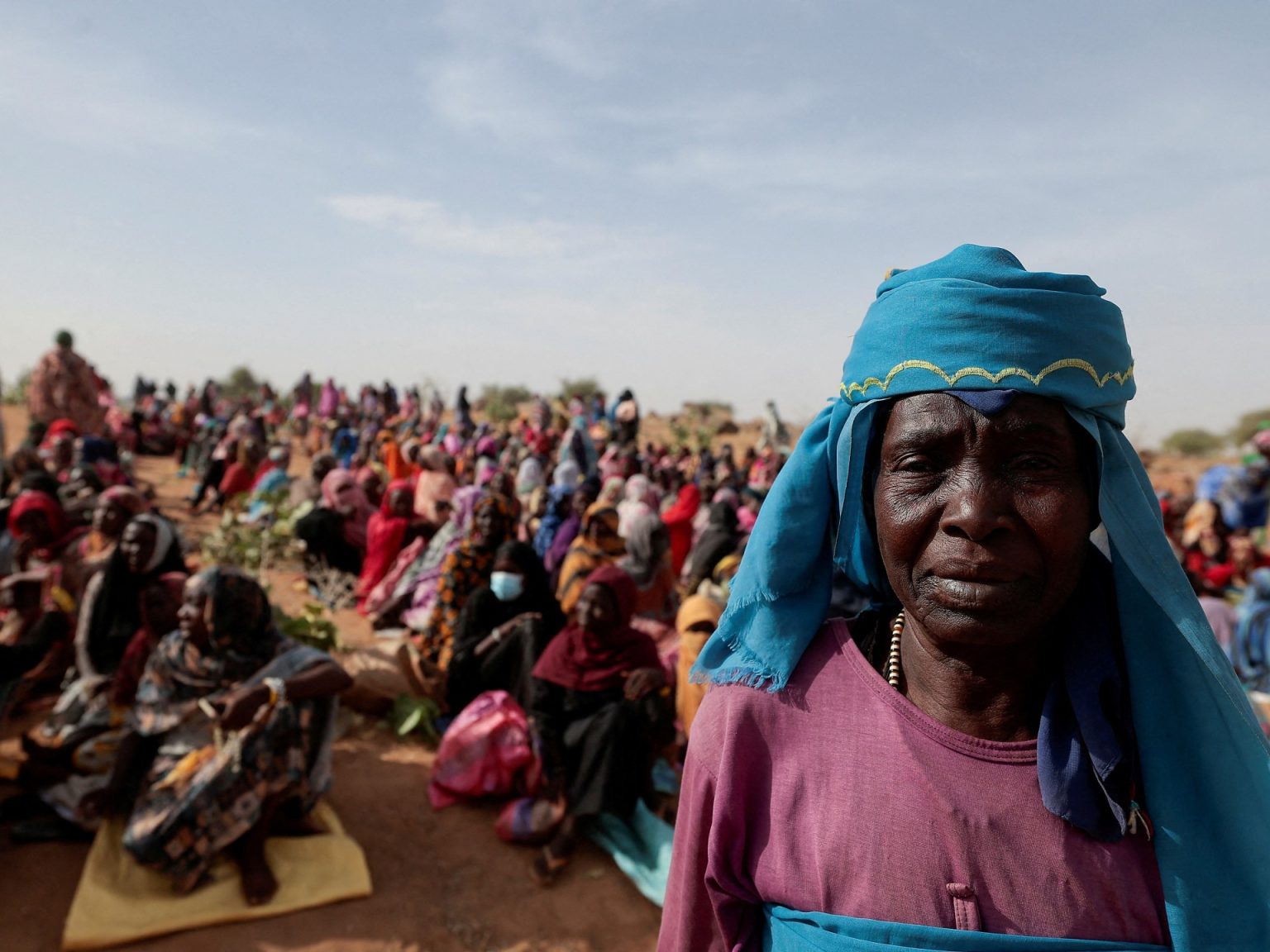A new report by Oxfam released on World Food Day reveals that hunger caused by conflicts around the world has reached record levels, with between 7,000 to 21,000 people likely dying each day from hunger in conflict-affected countries. The report, titled Food Wars, examined 54 countries experiencing conflict and found that they account for nearly all of the 281.6 million people facing acute hunger today. Conflict has also led to a record 117 million people being forced displaced in these countries. Oxfam emphasizes that warring parties are actively using food as a weapon by targeting food, water, and energy infrastructure, as well as blocking food aid.
The report highlights specific instances of conflict-induced hunger, such as in Sudan’s civil war and Gaza, where the proportion of households affected by high levels of acute food insecurity is the largest ever recorded globally. Emily Farr from Oxfam’s food and economic security team stated that today’s food crises are largely manufactured, with nearly half a million people in Gaza and over three-quarters of a million in Sudan facing starvation due to the devastating effects of wars on food likely to persist for generations. The analysis also revealed that conflicts in countries heavily reliant on primary product exports, such as Sudan, where 95% of export earnings come from gold and livestock, have led to violent conflicts and displacement.
Oxfam points out the failures of peace-building efforts that focus on economic liberalization and export-driven economies, which often exacerbate inequality. Large-scale private investments, both foreign and domestic, have led to political and economic instability as investors take control of land and water, displacing local populations. Conflict intensifies other crises like climate shocks, economic instability, and inequality. Climate-related disasters, pandemic shutdowns, and disruptions from the Russia-Ukraine war have escalated hunger crises in East and Southern Africa. Oxfam warns that the global commitment to “zero hunger” by 2030 is becoming increasingly unattainable and calls on the international community, including the UN Security Council, to hold accountable those responsible for “starvation crimes” under international law.
To break the vicious cycle of food insecurity and conflict, global leaders must address the root causes of conflict, including colonial legacies, injustices, human rights abuses, and inequalities, rather than offering superficial solutions. Oxfam emphasizes the need for the international community to confront these issues and work towards sustainable peace to ensure that everyone has access to nutritious food. By acknowledging the link between conflict, displacement, and hunger and taking decisive action to address the underlying causes, progress can be made towards achieving global food security and ending the scourge of starvation as a weapon of war.


